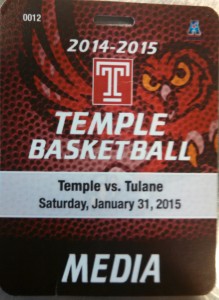Ella Donesky
Staff Writer
As of January 2015, the United States has expressed a desire to open a dialogue with Cuba and travel between the two countries has become more accessible. Together with travel, President Obama has put new rules into action, allowing the transport of money and the exchange of business.
New relations suggests the potential for new access to technology. Thanks to strict government controls, social media and the internet are commodities Cuban citizens have not had much access to. While we’re hoping to find evidence of this new type of market opening up between the United States and Cuba, for many years, Cuba has been providing their own, somewhat amateur solution.
How do they do it? An NPR article details the distribution of internet and television access in a town outside Havana, Cuba. The article is titled “Lacking Internet, Cubans rely on ‘The Package’ for Entertainment.” The way this works is, one man obtains tv shows, movies, apps, video games and software updates through a satellite download, which is then passed to a middle man (who goes by the name of Iyawo) through a thumb drive, the contents of which are sold and passed around citizens of the town.
There are many vague restrictions to this sort of activity, meaning, legalities aren’t clear. While owning a laptop in Cuba is legal, Iyawo’s enterprise is not. However, according to NPR, “The package doesn’t include anything political or pornographic, that’s why he [Iyawo] speculates the government permits it.”
Within the last few years, internet access has become more widespread, progressing to availability in cyber salons, computer clubs, post offices and offices, though it usually comes with a fee and viewer censorship.
An interview with Robert Muse, published in Scientific America, provided interesting information with regards to the United States’ role in Cuba’s increasing internet availability. Cuba isn’t obtaining the technology from the US, in fact, they’re doing so with the help of countries like Venezuela. In his words, “there’s nothing they specifically need from the US.”
Regardless of whether Cuba believes they need anything from the US or not, as of four weeks ago, devices and software were beginning to be transported to Cuba.
The newly opened relations between Cuba and the United States may allow for a more flexible exchange of technology, access to internet, and a less censored form of access, at that. In the future, it may even promote a larger presence in trade for Cuba.
For more information about Cuba and the United States’ relations and hear students’ perspectives, check out “Teachers, Students React to New Relations with Cuba” published in early January.
Image courtesy of NPR




